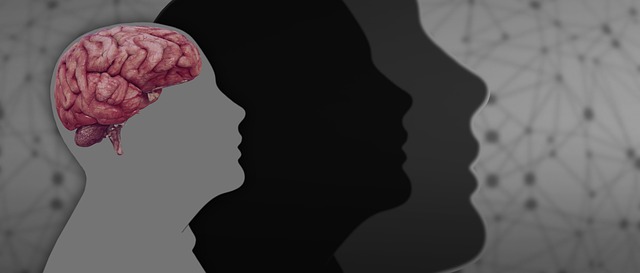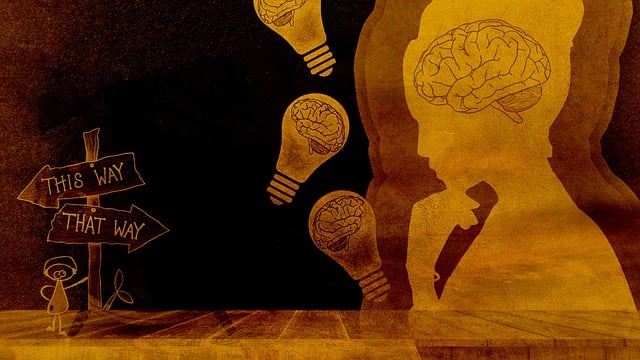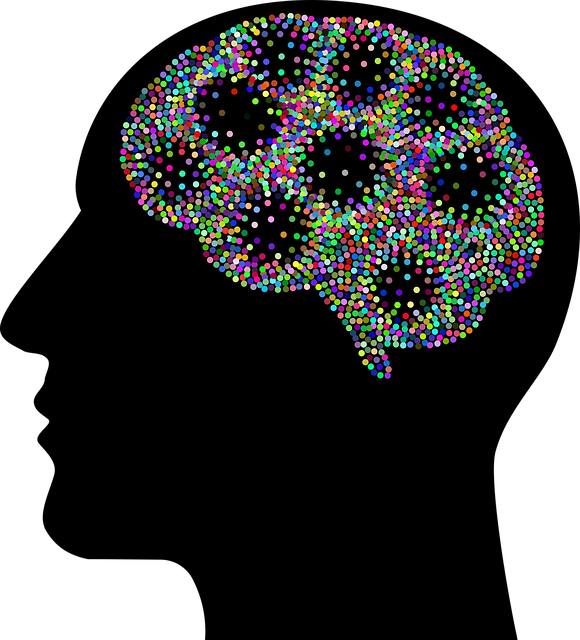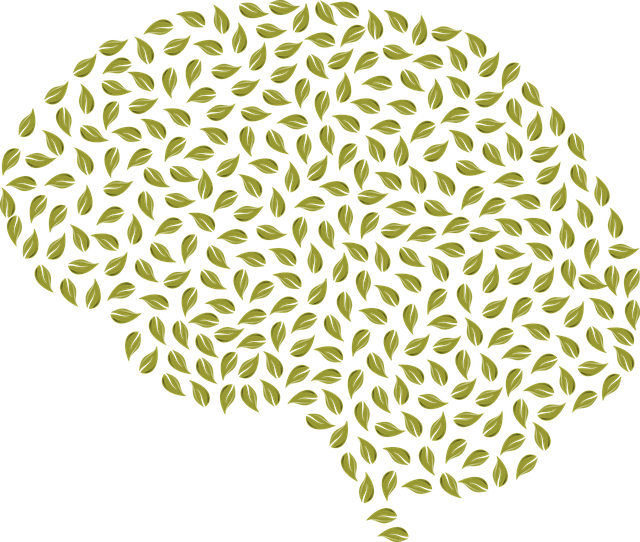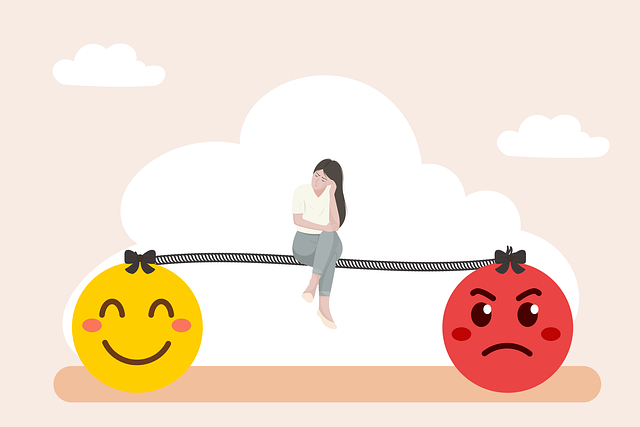Comprehensive evaluations by mental health professionals are key to understanding ADD-ADHD, leading to early intervention and improved focus, impulse control, and organization. Tailored therapy strategies, including behavioral and cognitive techniques, empower individuals with coping skills for managing daily tasks and emotions. Structured counseling sessions break down stigma, teach healthy emotional management, prevent burnout among healthcare providers, and promote a supportive mental health ecosystem. Effective coping mechanisms, mindfulness, structured planning, and goal-setting enhance time management and productivity, ultimately fostering better mental wellness for ADD-ADHD individuals.
Coping skills development is a vital aspect of managing Attention Deficit Disorder (ADD) or Attention Deficit Hyperactivity Disorder (ADHD). This article explores strategies and techniques to enhance focus, organization, time management, and overall well-being. We delve into the significance of therapy for ADD-ADHD evaluations, offering insights on behavioral strategies, cognitive techniques, mindfulness, and relaxation practices. By integrating these tools, individuals with ADD/ADHD can navigate daily challenges more effectively and improve their quality of life.
- Understanding ADD-ADHD: Navigating the Diagnosis and Its Impact
- The Role of Therapy in Coping Skills Development
- Behavioral Strategies for Enhancing Focus and Organization
- Cognitive Techniques to Improve Time Management and Planning
- Integrating Mindfulness and Relaxation Practices for Daily Coping
Understanding ADD-ADHD: Navigating the Diagnosis and Its Impact

Understanding ADD-ADHD involves a comprehensive evaluation process led by qualified mental health professionals who employ various therapy techniques. This diagnosis can significantly impact an individual’s daily life, affecting focus, impulse control, and organization. Early intervention through evaluations is crucial to navigating these challenges effectively. Mental health professionals conduct thorough risk assessments to tailor strategies for self-esteem improvement and confidence boosting, addressing the unique needs of each individual with ADD-ADHD.
Therapy plays a pivotal role in managing symptoms, offering individuals tools to enhance focus, improve time management, and develop better organizational skills. By participating in structured therapy sessions, one can learn coping mechanisms that significantly improve their ability to manage daily tasks and interactions, fostering a greater sense of control and overall well-being.
The Role of Therapy in Coping Skills Development

Therapy plays a pivotal role in coping skills development, offering individuals a safe space to navigate and manage their mental health challenges. For those diagnosed with Attention Deficit Hyperactivity Disorder (ADHD), therapy can be instrumental in addressing co-occurring mental illnesses and enhancing overall mental wellness. Through structured counseling sessions, individuals learn effective coping strategies tailored to their unique needs. This process involves exploring the root causes of distress, developing healthier ways of managing emotions, and cultivating resilience.
Incorporating therapy for ADD-ADHD evaluations is particularly crucial as it helps in breaking down the barriers imposed by mental illness stigma reduction efforts. Healthcare providers can utilize various therapeutic approaches, such as cognitive-behavioral therapy (CBT), to teach individuals how to identify and change unhelpful thought patterns, thereby preventing burnout. By equipping individuals with robust coping skills, therapy contributes to improved burnout prevention strategies for healthcare providers, fostering a more supportive and sustainable mental health ecosystem.
Behavioral Strategies for Enhancing Focus and Organization

Developing effective coping strategies is essential for managing symptoms and enhancing daily functioning, especially for individuals navigating therapy for ADD-ADHD evaluations. Behavioral strategies offer a powerful toolset for improving focus and organization. One such strategy is structured planning, where individuals create detailed to-do lists or schedules to break down tasks into manageable steps, promoting better time management and reduced procrastination. This methodical approach can significantly enhance mental wellness by reducing feelings of being overwhelmed.
Additionally, incorporating Mental Wellness Journaling Exercises and Mental Health Education Programs can further bolster focus and organizational skills. Journaling provides a safe space for individuals to reflect on their thoughts and emotions, helping them identify triggers and develop personalized coping mechanisms. These exercises offer guidance on practicing mindfulness, setting realistic goals, and fostering self-awareness—all of which contribute to improved concentration and organization in daily life. Healthcare Provider Cultural Competency Training can also play a vital role by equipping professionals with the knowledge to support diverse patients, ensuring tailored interventions for enhanced mental health outcomes.
Cognitive Techniques to Improve Time Management and Planning

Cognitive techniques can significantly enhance time management and planning skills, which are essential for individuals with Attention-Deficit/Hyperactivity Disorder (ADHD) or those seeking better focus. Therapy for ADD-ADHD evaluations often includes teaching clients how to prioritize tasks, break down larger projects into manageable steps, and set realistic goals. These strategies help in reducing procrastination and improving productivity.
One effective method is the use of cognitive cultivation practices, such as mindfulness and structured planning routines. Compassion cultivation practices can teach individuals to manage their thoughts and emotions more effectively, leading to better decision-making and reduced impulsive behaviors. By combining these techniques with structured time management approaches, healthcare providers can develop robust burnout prevention strategies for themselves or their patients, ensuring a healthier and more balanced lifestyle.
Integrating Mindfulness and Relaxation Practices for Daily Coping

Incorporating mindfulness and relaxation practices into daily routines can be a powerful tool for managing stress and enhancing coping skills, particularly for individuals navigating conditions like ADD-ADHD. Therapy for ADD-ADHD evaluations often highlights the importance of self-awareness exercises in recognizing and regulating emotions. Mindfulness involves focusing on the present moment without judgment, allowing individuals to become more attuned to their thoughts and feelings. Regular practice can lead to improved focus and reduced impulsivity, which are crucial aspects of managing ADD-ADHD symptoms.
Relaxation techniques, such as deep breathing exercises, meditation, and progressive muscle relaxation, aid in lowering stress levels and cultivating a sense of calm. Engaging in these practices daily can help individuals develop mental health awareness and better cope with the challenges they face. Stress management workshops or organization-led programs focused on mindfulness and relaxation can provide structured guidance, ensuring individuals learn effective techniques tailored to their needs, ultimately fostering resilience and enhancing overall well-being.
Coping skills development is a multifaceted process that can greatly enhance the lives of individuals with ADD-ADHD. By combining therapy, behavioral strategies, cognitive techniques, and mindfulness practices, one can effectively navigate the challenges posed by this condition. Regular evaluations in therapy for ADD-ADHD play a pivotal role in tailoring these coping mechanisms to individual needs. Through these methods, folks can foster better focus, organization, time management, and overall well-being, enabling them to thrive in today’s demanding world.



